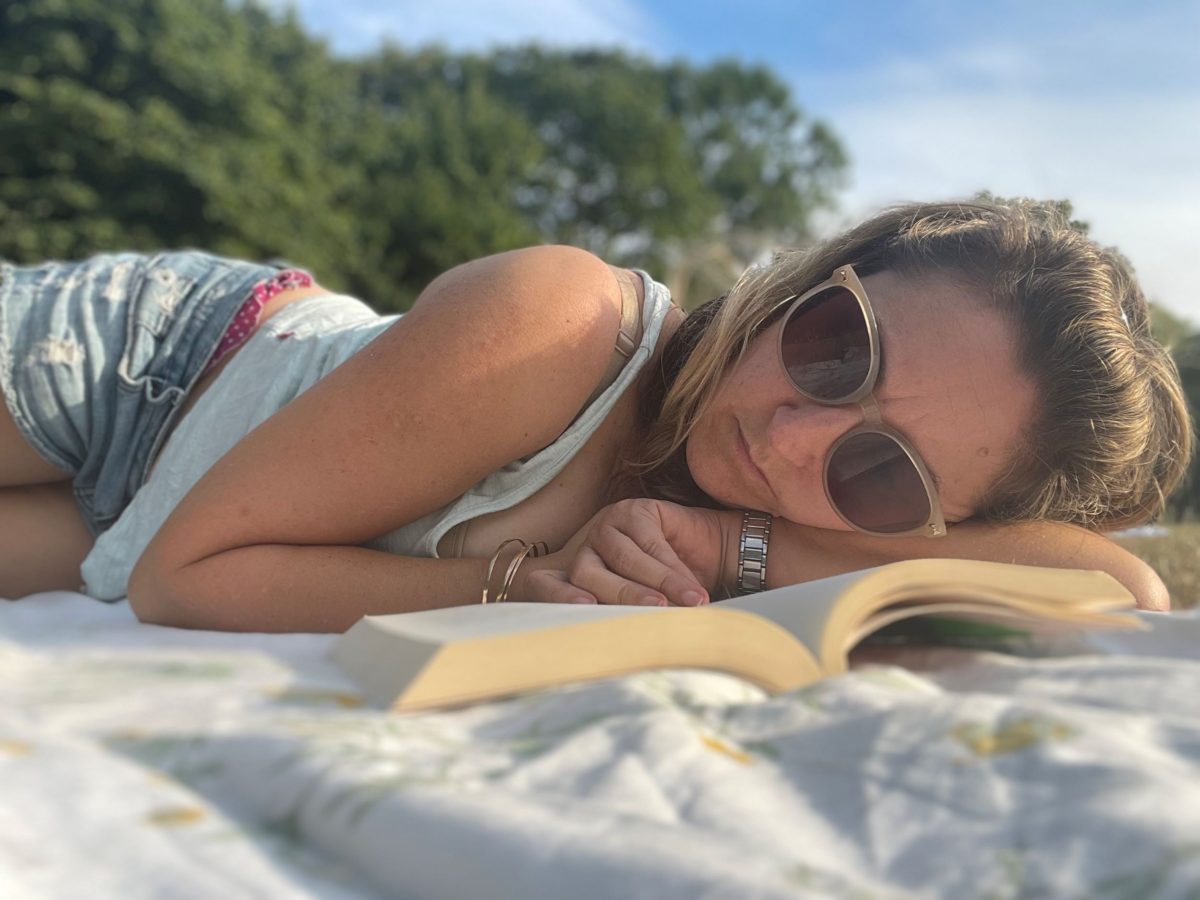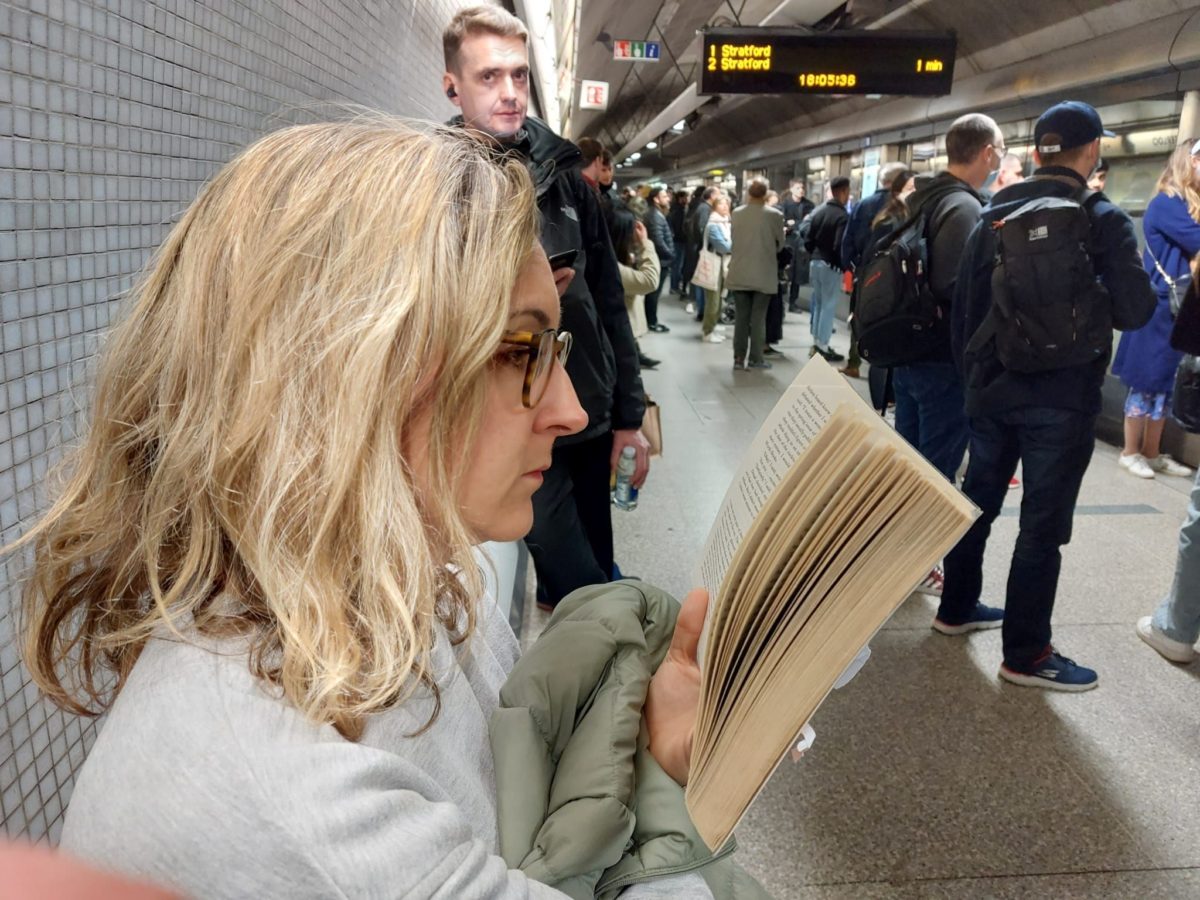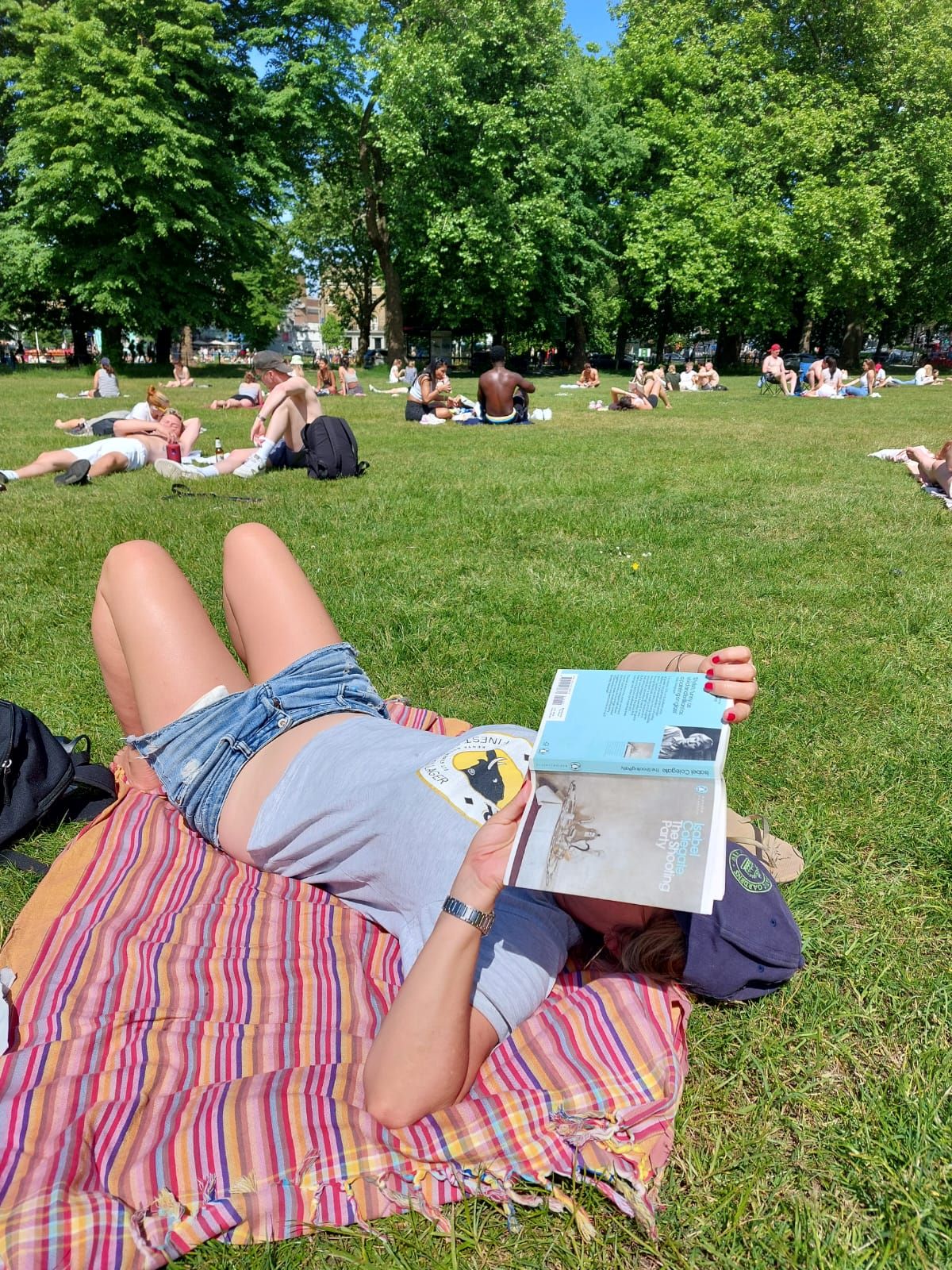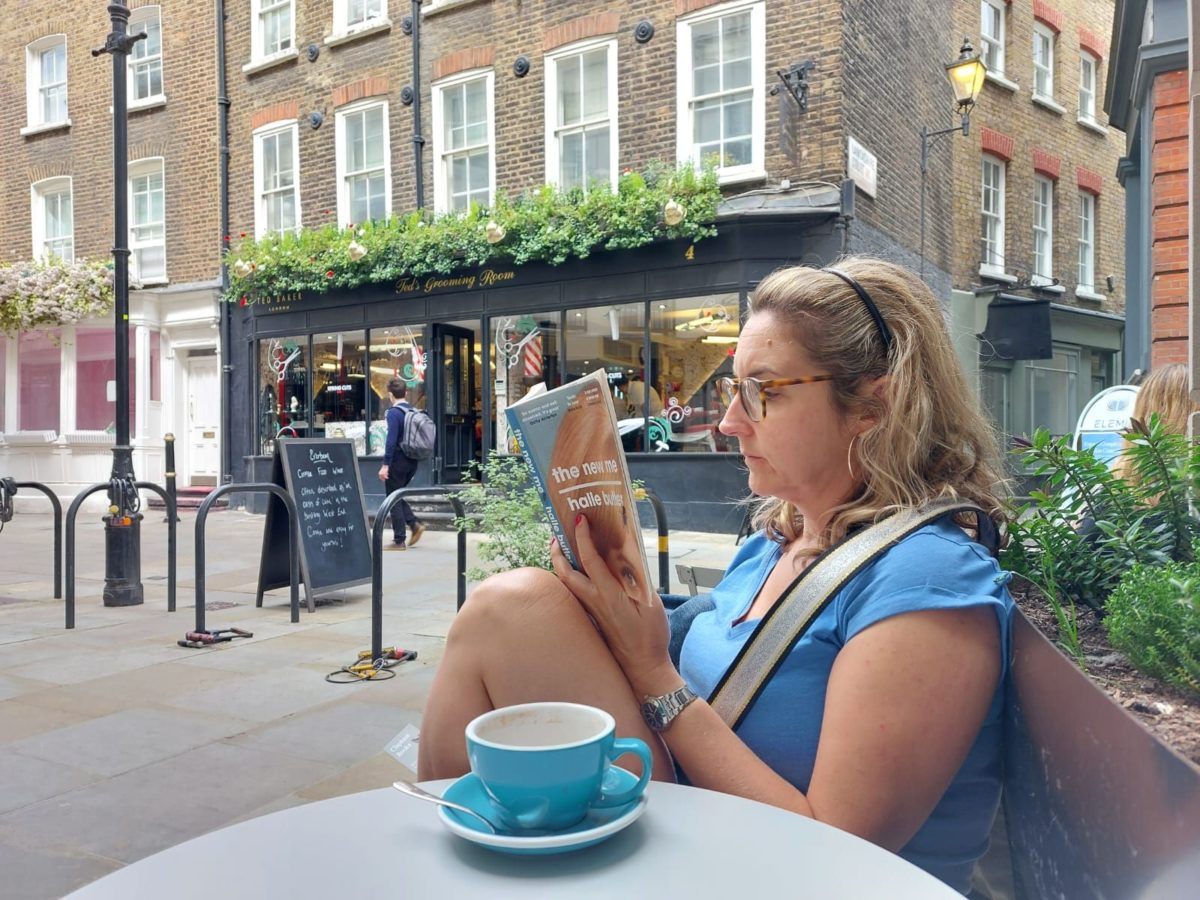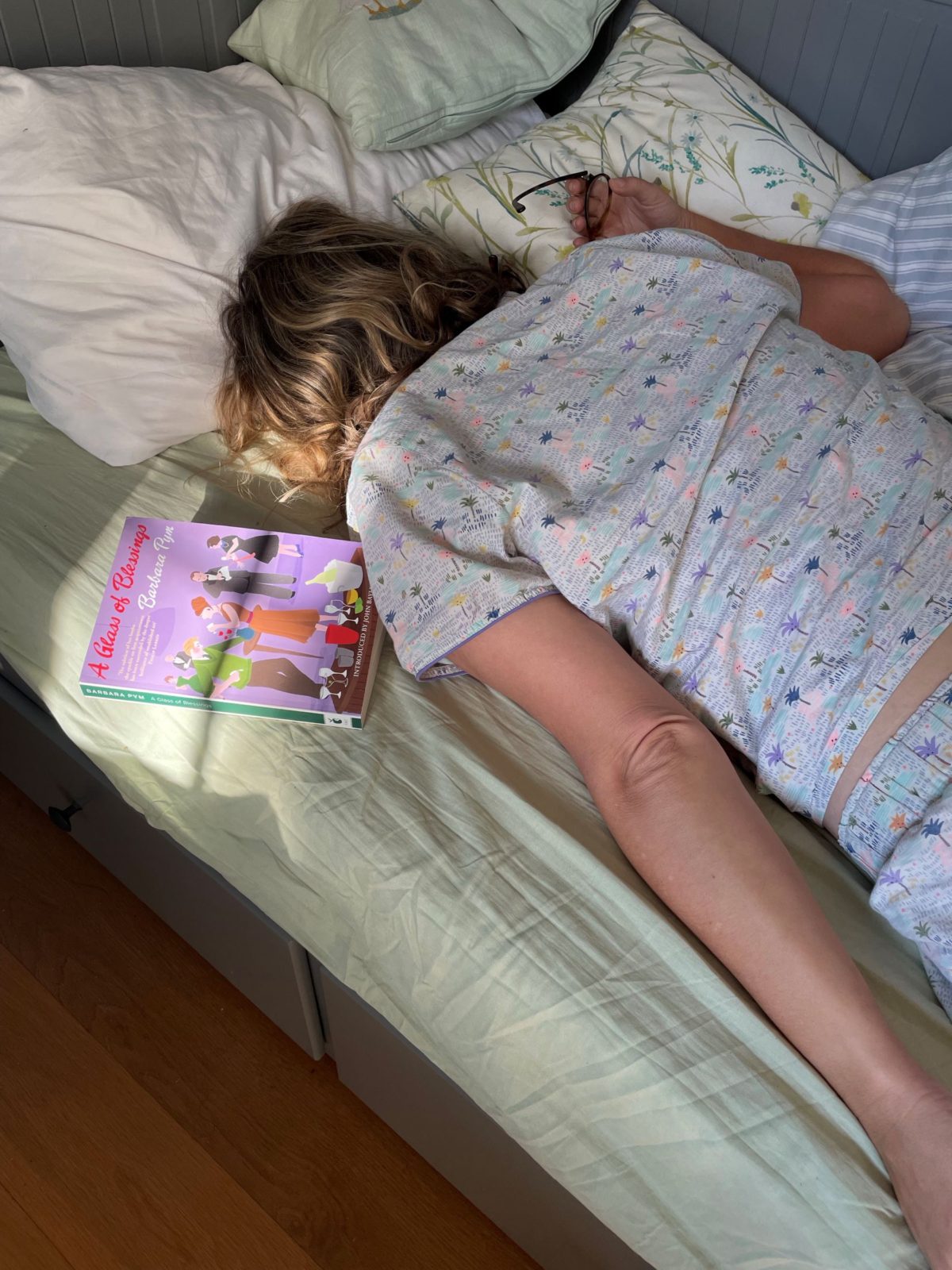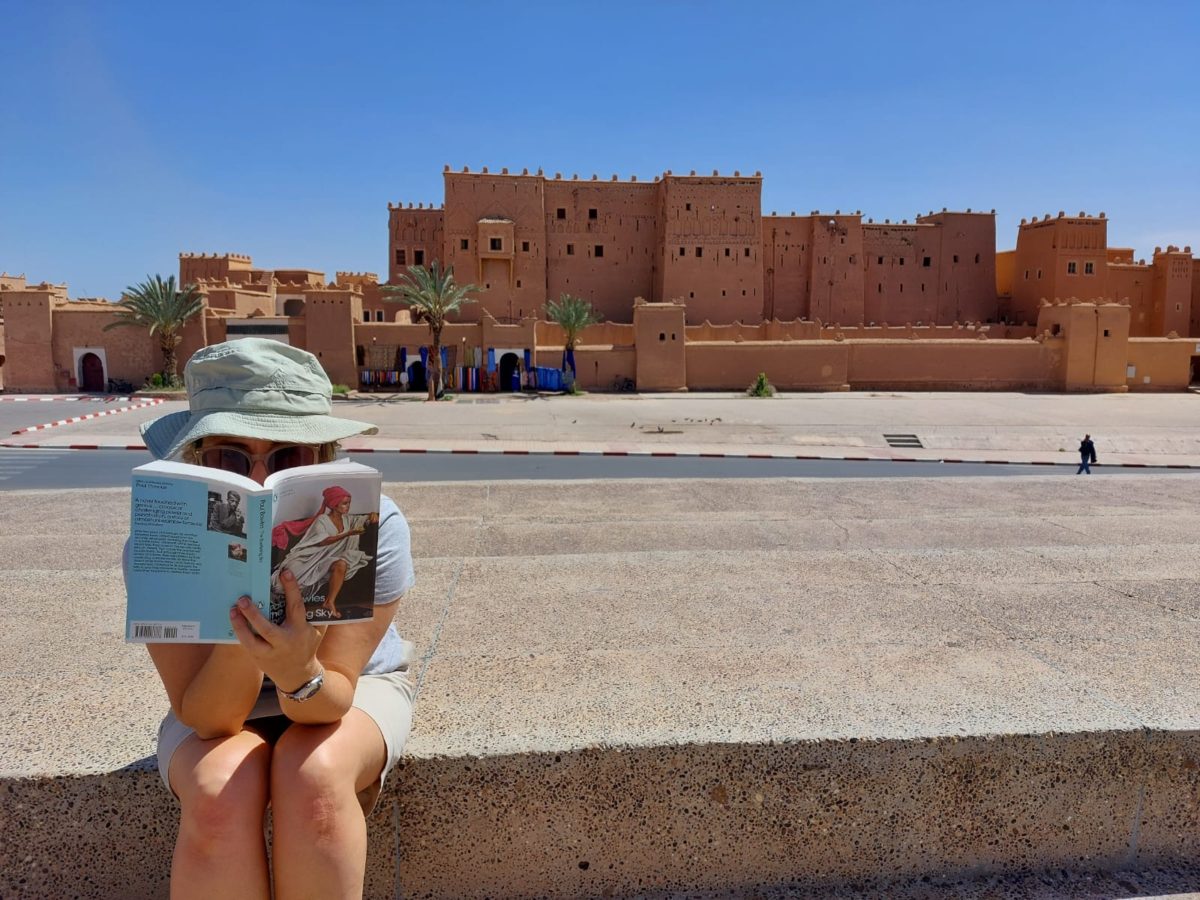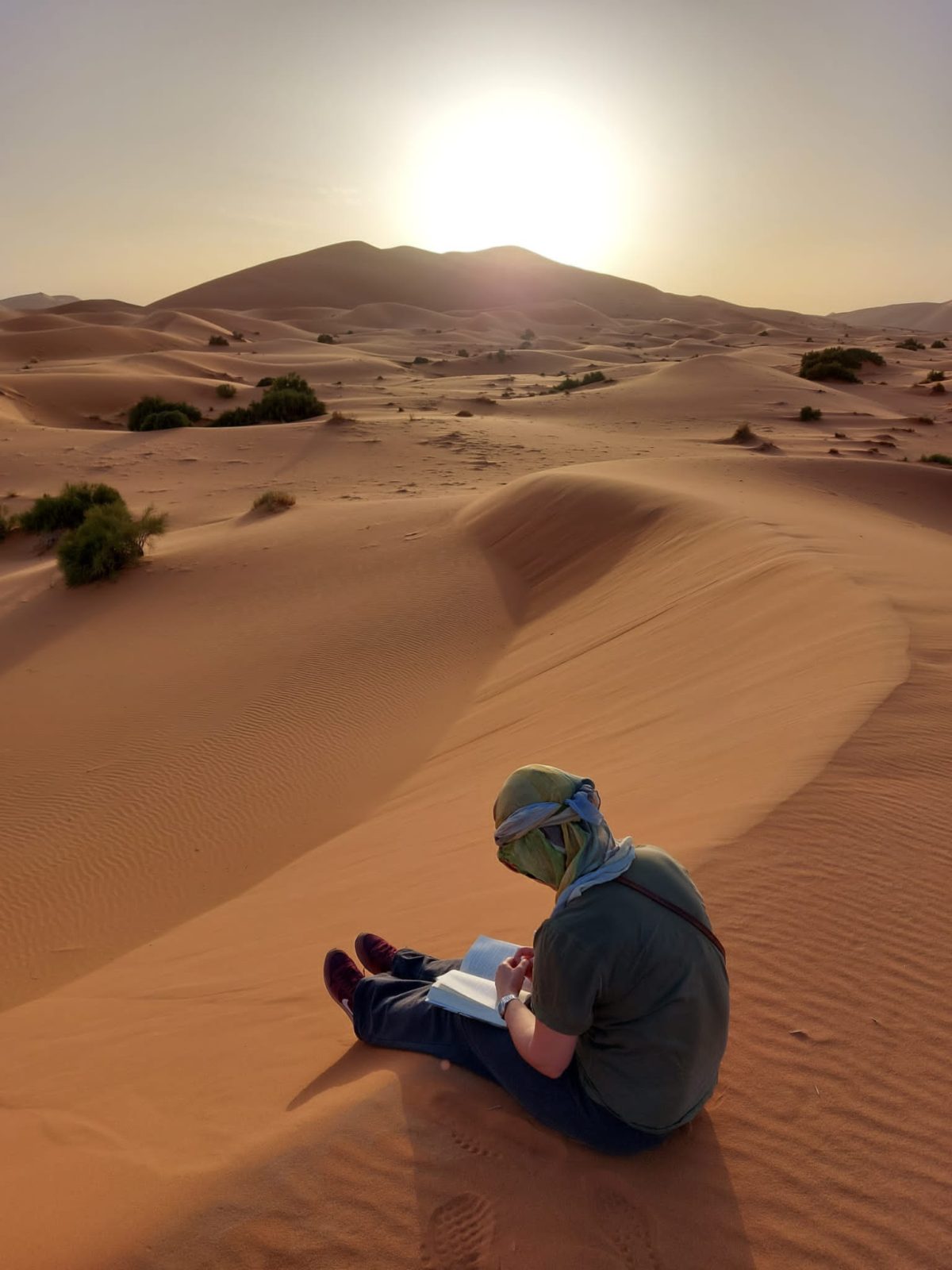I re-read this while slogging through COVID, and I am struck by what a good book it is. According to my blog, I haven’t read it since at least 2009 (when I started keeping track). I am amazed by how clearly I remember it: characters, incidents, even lines. Pandora Braithwaite is the ur-crush of Western Culture.
I was surprised to learn that Townsend was 35 when she wrote it, and it was her first published book. Her teenage son apparently once asked her why they didn’t go on safari ‘like everyone else; and the voice for the book popped into her head fully formed. She wrote the first third in a matter of weeks – and then put it away in a box. It only got finished because other people pushed for it (a similar story btw for Stephen King’s CARRIE) and it just shows you: we really have no idea about the quality of what we are doing. I find that both horrifying and liberating.

